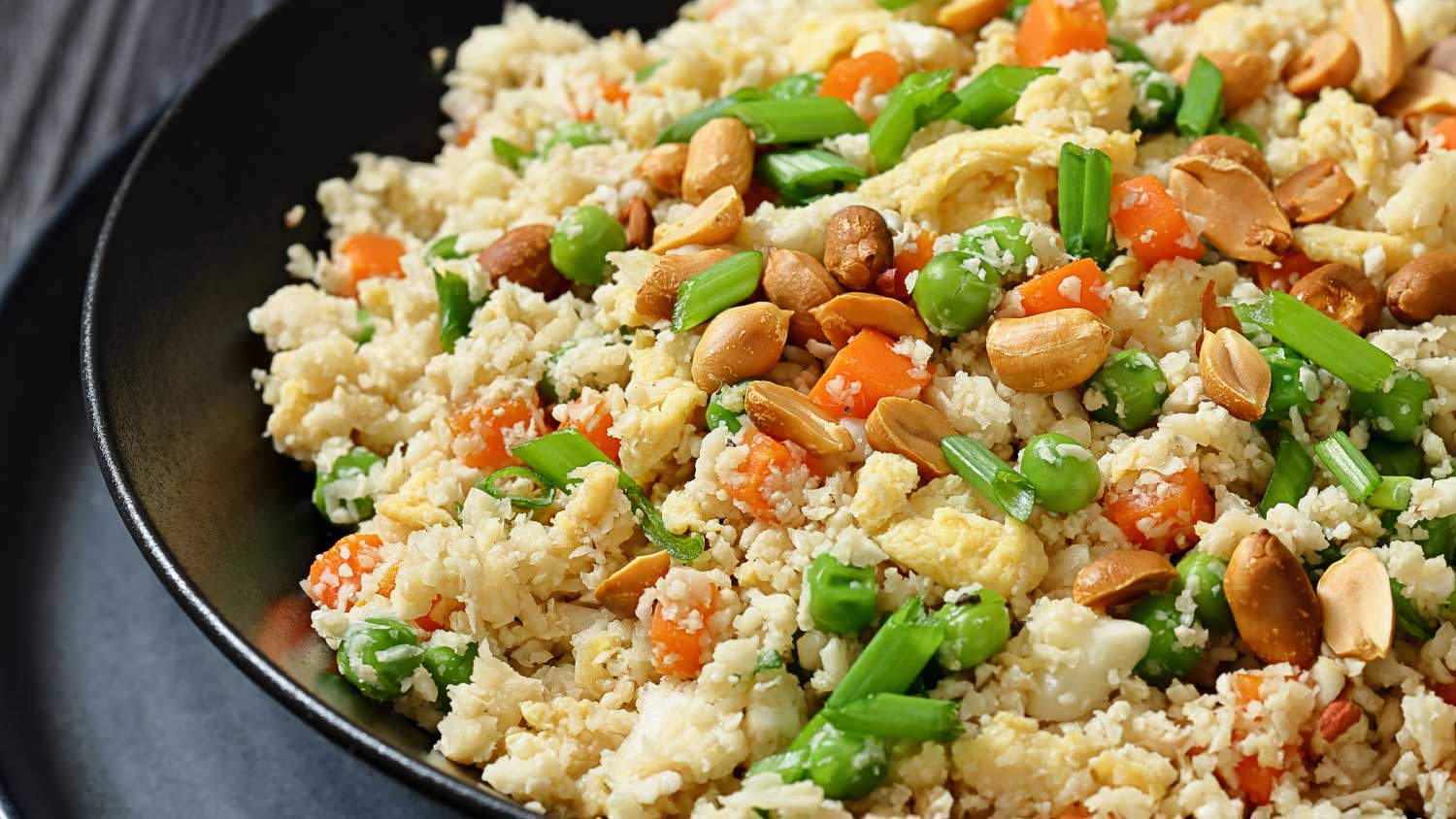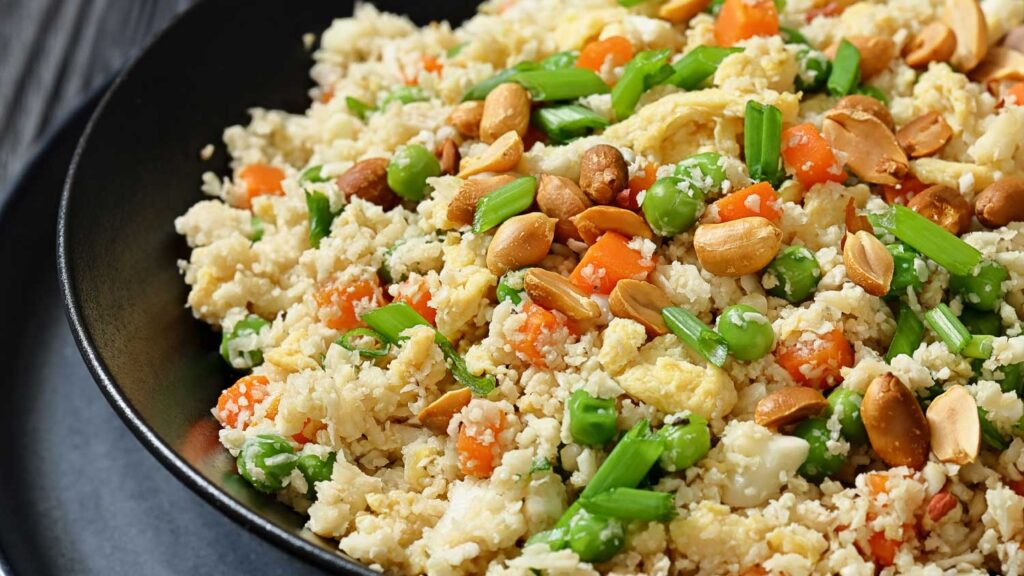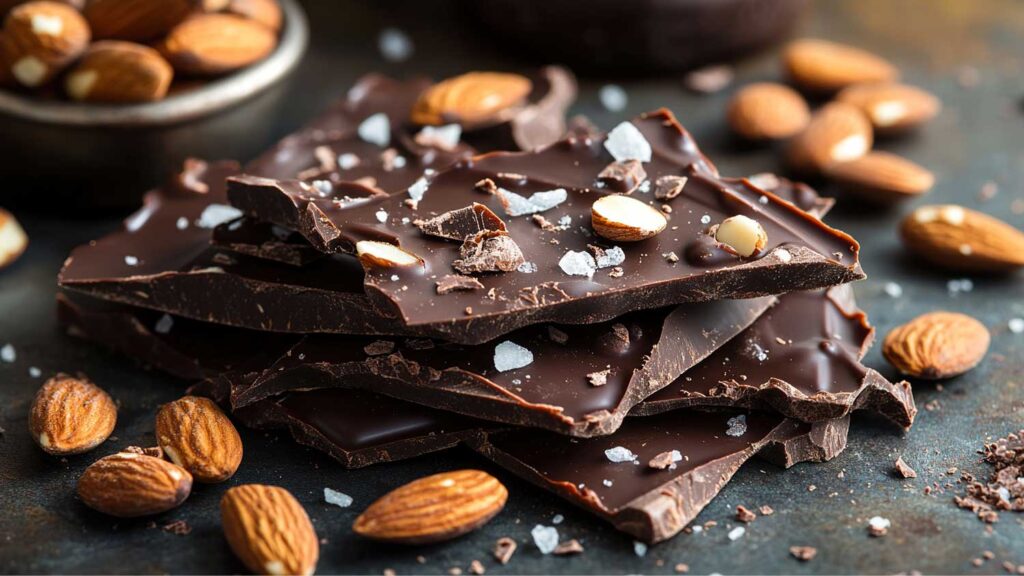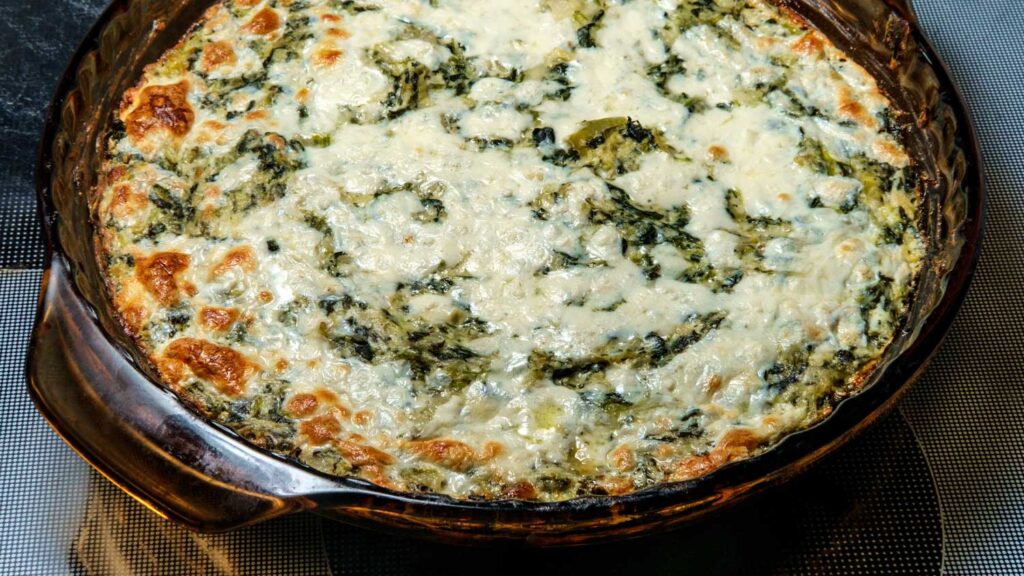What you choose to put in your body matters, especially when you are sick, and seemingly safe foods can ultimately end up doing more harm than good. Consider avoiding the following foods and beverages when you’re feeling ill.
Orange juice
You’ve probably had orange juice recommended to you for its high levels of vitamin C and ability to kick a cold. But citric acid can agitate your already inflamed throat, causing it to worsen and take longer to heal. If you’re keen on getting vitamin C, opt for broccoli, strawberries or bell peppers.
Coffee

If you have a stomach bug, you’ll want to refrain from your usual coffee order. When experiencing vomiting or diarrhea, you’re already at risk for dehydration. The caffeine in coffee acts as a diuretic, causing you to urinate more frequently and lose more liquids. Additionally, caffeine can stimulate the muscles in your digestive tract, prompting even more trips to the bathroom. These effects can further increase your risk of dehydration and make you feel worse.
Sweets
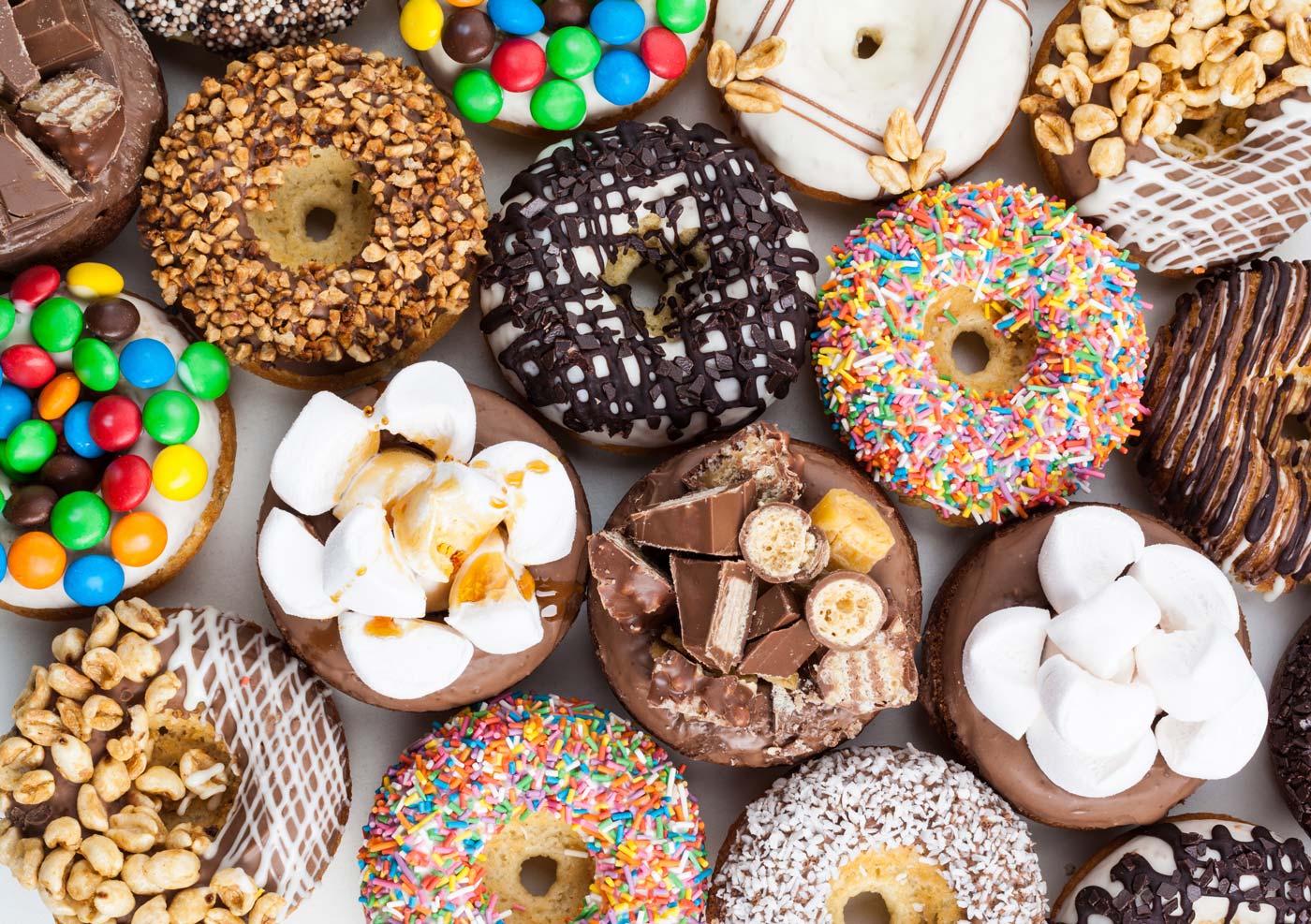
Excess sugar is hard on your body when it’s running properly, so adding illness to the mix makes the effect even harsher. Eating refined sugar negatively impacts your white blood cells’ ability to fight off infection, prolonging recovery time. Plus, if your symptoms are stomach and GI related, you may be more prone to diarrhea as the sugar draws fluid out of your GI tract.
“Sugar-free” foods
You may think foods containing artificial sweeteners are a work-around, but they come with their own price. Artificial sugars decrease the level of healthy bacteria in your gut, which are known to help release anti-inflammatory compounds. For certain individuals, artificial sweeteners can also trigger migraines. With an increase of inflammation in the body and potential for severe headaches, you likely won’t be feeling too hot.




